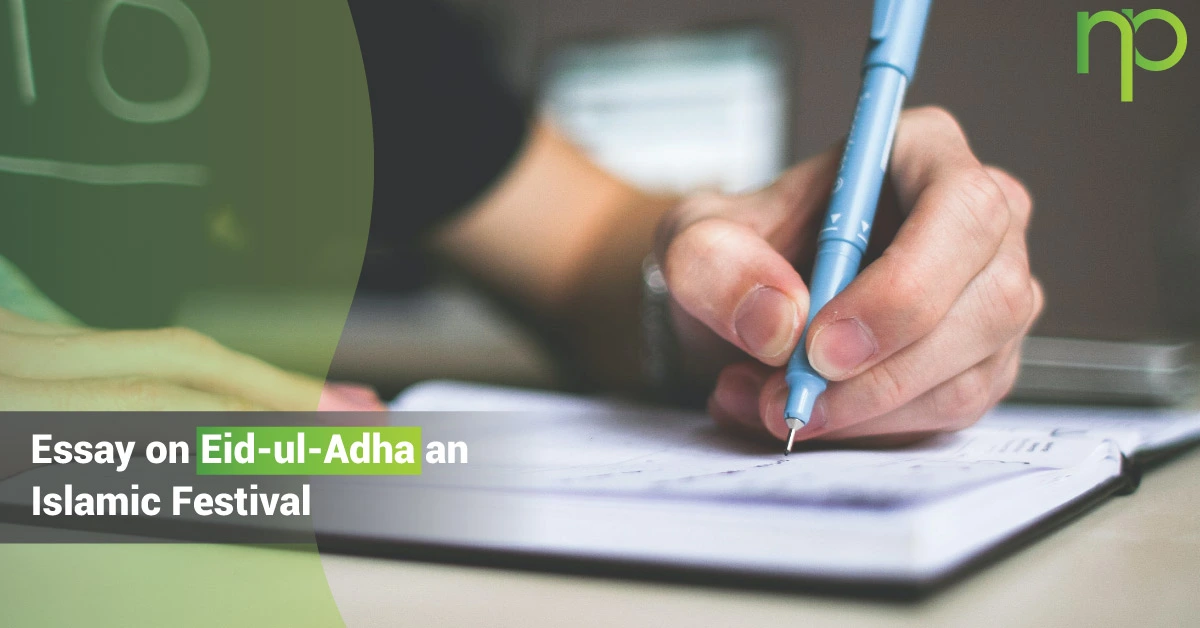
- December 4, 2023
- ubaidah khan
- 0
Eid ul Adha, also known as the Festival of Sacrifice, holds a special place in the Islamic timetable. This joyful occasion is marked by colorful rituals, traditions, and a spirit of liberality that brings communities together. In this essay, we will claw into the historical roots, artistic significance, and ultramodern acclimations of Eid ul Adha, exploring how this festival islands the gap between tradition and contemporary life.
Eid ul Adha, the second of the two major Islamic carnivals, is celebrated in remembrance of the devotion and immolation demonstrated by Prophet Ibrahim. Falling on the 10th day of Dhu al-Hijjah, the last month of the Islamic lunar timetable, this festival holds profound spiritual meaning for Muslims worldwide.
Historical Background:
To truly appreciate Eid ul Adha, it’s essential to understand its historical environment. The festival commemorates the vital moment when Prophet Ibrahim, in obedience to God’s command, was willing to immolate his son. still, God interposed and handed a ram for immolation rather. This act of obedience and godly intervention is central to the festival’s significance.
Medications and expectation:
In the weeks leading up to Eid ul Adha, Muslim homes buzz with excitement and expectation. Families prepare by drawing their homes, buying new clothes, and planning feasts. The air is filled with a sense of community as individuals look forward to coming together to celebrate their faith.
Rituals and Traditions:
The day of Eid ul Adha begins with a special prayer, attended by large congregations at kirks or designated prayer grounds. Following the prayer, families engage in the ritual of immolating a beast, emblematizing Prophet Ibrahim’s amenability to immolate for God. The meat is also distributed among families, musketeers, and those in need, fostering a sense of community and liberality.
Symbolism of Immolation:
The act of immolation during Eid ul Adha symbolizes devotion, obedience, and the amenability to give up a commodity cherished for the sake of God. It serves as an important memorial of Prophet Ibrahim’s unvarying faith and God’s mercy.
Feasts and fests:
The gleeful atmosphere during Eid ul Adha is heightened by elaborate feasts participated with loved bones. Families come together to enjoy traditional dishes, exchange gifts, and strengthen their bonds. also, participating in reflections with those less fortunate is a common practice, emphasizing the significance of liberality and compassion.
Eid ul Adha in Different societies:
While the core rituals remain harmonious, the way Eid ul Adha is celebrated varies across societies. Different regions inoculate their unique customs, music, and vesture into the fests, creating a rich shade of diversity within the global Muslim community.
Eid ul Adha and Charity:
Central to the spirit of Eid ul Adha is the emphasis on charity. Muslims are encouraged to partake in their blessings by helping those in need, whether through furnishing refections, giving to charitable causes, or supporting community enterprise. This liberality reflects the substance of the festival.
Eid ul Adha and Family Bonds:
The festival serves as a time for families to strengthen their bonds. Shared traditions, from the act of immolation to collaborative prayers and feasts, produce lasting recollections and support the significance of family concinnity.
Eid ul Adha and Global Awareness:
Promoting mindfulness and understanding of Eid ul Adha on a global scale is pivotal. Encouraging forbearance and respect for different artistic practices fosters a sense of concinnity and participated humanity.
Educational Aspect of Eid ul Adha:
Educating the youngish generation about the values of Eid ul Adha ensures the durability of traditions. Incorporating educational conditioning, similar to a liar and creative systems, helps children grasp the significance of the festival beyond its gleeful aspects.
Memorable Eid ul Adha fests:
Particular stories and stories add a mortal touch to the festivity of Eid ul Adha. From participating in horselaugh around the regale table to acts of kindness within the community, these moments contribute to the continuing impact of the festival.
In conclusion, Eid ul Adha is further than a religious observance; it’s a festivity of immolation, concinnity, and liberality. As Muslims worldwide come together to commemorate Prophet Ibrahim’s devotion and God’s mercy, the festival becomes a symbol of participated values and community spirit.